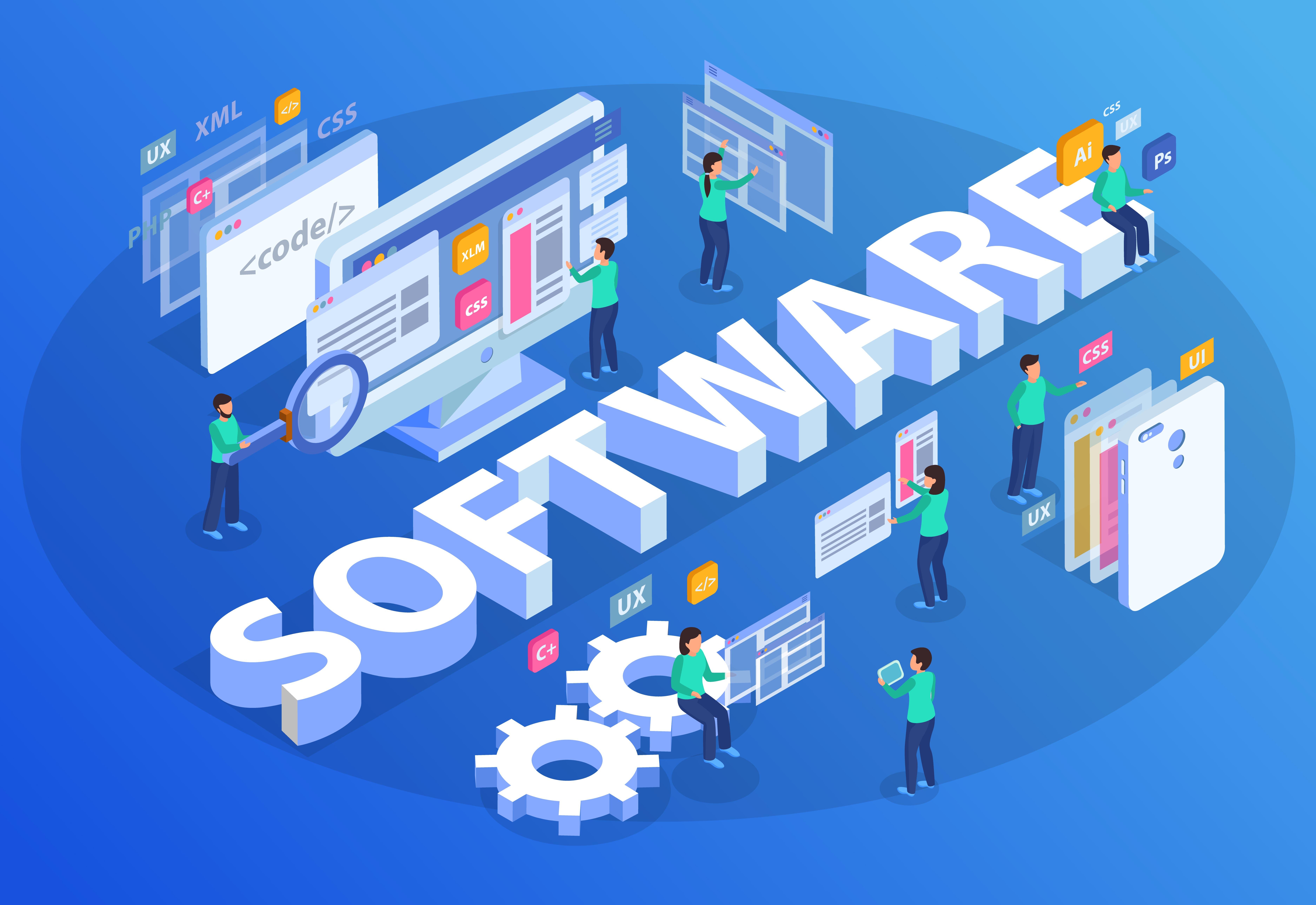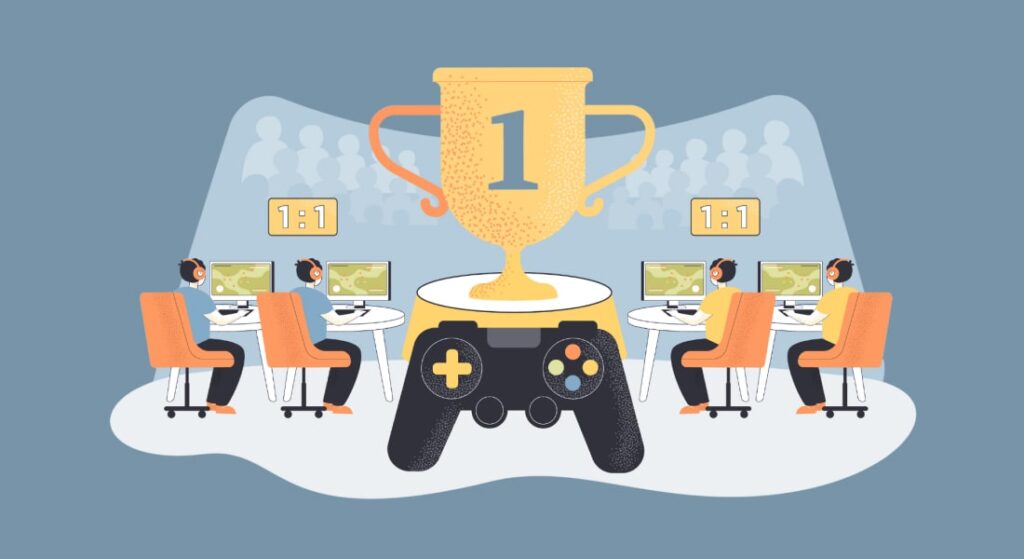The online gambling industry has grown exponentially, and with it, so has the need for reliable, scalable, and secure software. Operators face a critical decision when choosing between two major types of platforms: open source and proprietary software casinos. In this article, we’ll compare open source and proprietary software casinos, exploring their advantages, limitations, and use cases. We’ll also examine how each model influences development, cost, security, and control.
What Are Open Source and Proprietary Casino Software Platforms?
Before diving into the comparison, it’s important to understand the definitions:
- Open Source Casino Software: This refers to platforms whose source code is openly available. Developers can modify, inspect, and enhance the software freely. Communities often maintain these projects.
- Proprietary Casino Software: This is privately owned software, usually offered by commercial vendors. The source code is closed to the public, and operators pay for licenses, updates, and support.
Free Open Source Software vs Proprietary Software Casinos
Let’s explore how these two models stack up across various dimensions:
1. Cost and Licensing
- Open Source: Typically free to use, although customization, hosting, and security require investment. There are no recurring licensing fees.
- Proprietary Software: Comes with license costs, which can be recurring or one-time. Vendors may charge for upgrades and support.
Winner: Open source software is more cost-effective upfront, making it attractive for startups or developers with in-house expertise.
2. Customization and Flexibility
- Open Source: Full access to source code allows operators to tailor every element, from UI to gameplay logic.
- Proprietary Software: Customization is limited to what the vendor allows. Some provide APIs, but complete modification is often restricted.
Winner: Open source offers unmatched flexibility for those with development resources.
3. Security and Reliability
- Open Source: Security depends on the developer community and your in-house team. While bugs are quickly exposed, fixing them requires technical skill.
- Proprietary Software: Maintained by specialized teams. Vendors often implement robust testing and compliance protocols, especially for regulated markets.
Winner: Proprietary software casinos tend to offer greater out-of-the-box security, particularly for operators without dedicated IT staff.
4. Time to Market
- Open Source: Requires time for setup, testing, and debugging. You build from the ground up or adapt an existing base.
- Proprietary Software: Often ready-made or semi-customizable, allowing faster launch timelines.
Winner: Proprietary solutions are faster to deploy, which is crucial for time-sensitive business plans.
5. Support and Updates
- Open Source: Support is community-driven unless you hire developers. Updates may lag or need manual implementation.
- Proprietary Software: Vendors typically provide regular updates, bug fixes, and customer support, especially under service-level agreements (SLAs).
Winner: Proprietary platforms deliver reliable, structured support.
6. Compliance and Licensing
- Open Source: Operators bear the full responsibility for meeting jurisdictional requirements and ensuring fairness and RNG certification.
- Proprietary Software: Many providers offer pre-certified and licensed platforms, easing regulatory burdens.
Winner: Proprietary software simplifies compliance for operators entering regulated markets.
Open Source Code vs Proprietary Software Casinos: Use Case Scenarios
When to Choose Open Source:
- You have a strong in-house dev team
- Budget constraints prevent large licensing fees
- You want full control over your casino operations
- You’re targeting niche or emerging markets where regulatory compliance is more flexible
When to Choose Proprietary:
- You need rapid deployment and scalability
- You prefer built-in support and security
- You’re entering highly regulated markets
- You want to partner with established game providers integrated with the vendor’s platform
Summary Table: Compare Open Source and Proprietary Software Casinos
| Feature | Open Source Casino Software | Proprietary Casino Software |
| Cost | Low (free code, but dev costs) | Medium to High (licenses, support) |
| Customization | Full control | Limited, depends on vendor |
| Security | Depends on your team/community | Professionally maintained |
| Support | Community/self-managed | Vendor-provided |
| Speed of Deployment | Slower | Faster |
| Regulatory Compliance | Manual and complex | Often pre-certified |
Final Thoughts: Making the Right Choice
When you compare open source and proprietary software casinos, the right option largely depends on your goals, budget, and technical capacity. If flexibility and ownership are your priorities, open source code offers a playground for innovation. But if you need stability, speed, and support, proprietary software casinos provide a comprehensive solution.
Regardless of the path you choose, ensure your platform aligns with legal requirements, offers a seamless user experience, and maintains the highest standards of fairness and security. The success of your online casino depends not only on software but also on how effectively you operate and scale your business around it.










